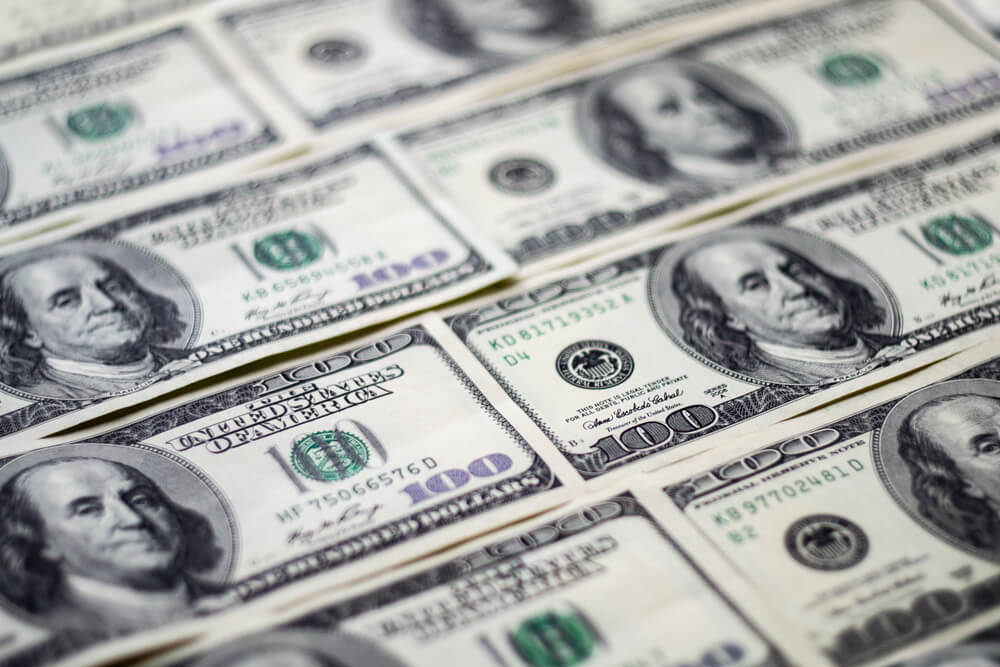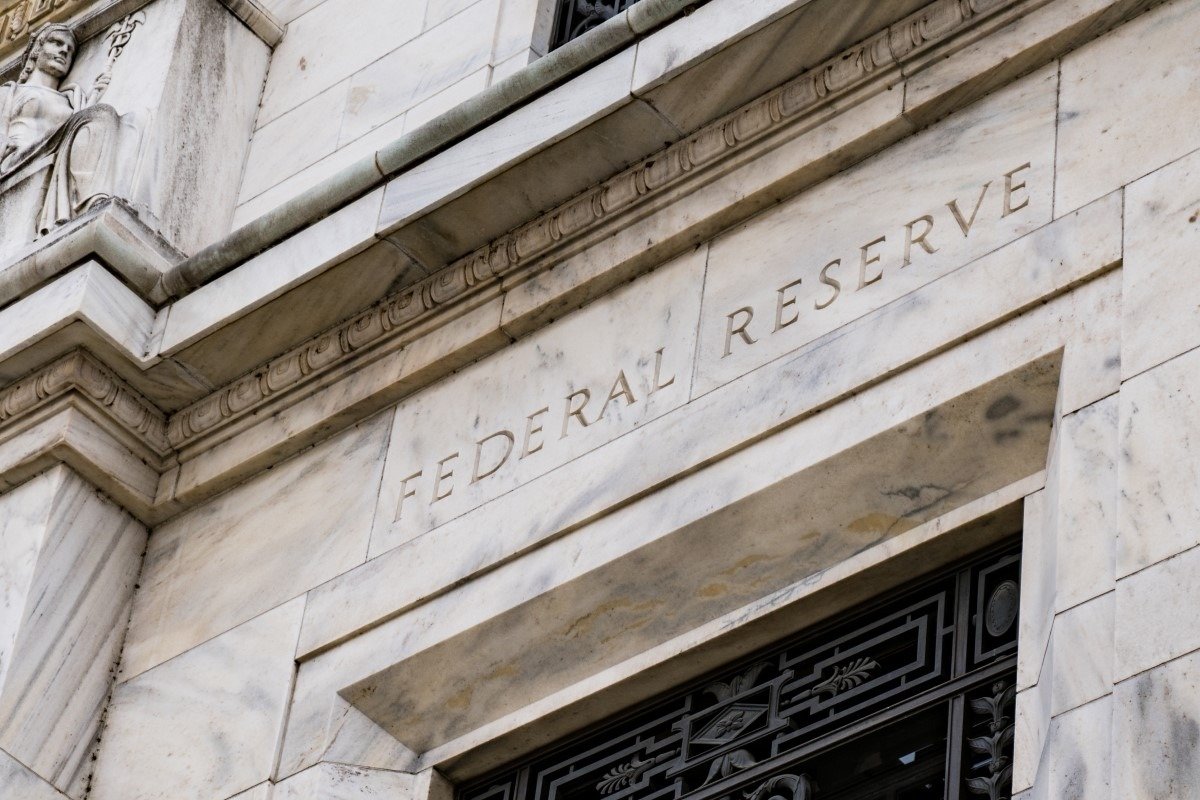Emerging market currencies tumble as the New Zealand dollar, the Australian dollar, and British pound slip. The euro supported. Versus the dollar, the yen gains.
Markets are staring at what is likely to be one of the worst economic contractions for decades. It is because the world is locking down to fight the coronavirus pandemic. Thus, on Wednesday, against riskier currencies, the dollar broadly gained.
Fresh selling in global shares is highlighting growing risks from the coronavirus that has shown little sign of abating. Thus, against New Zealand and Australian dollars, the greenback advanced.
New Zealand currency dropped 0.3% to $0.5945. Meanwhile, the Australian currency fell 0.35% to $0.6115. Nevertheless, the British sterling shed 0.4% to $1.2376.
With the Mexican peso falling more than 1% to the dollar to 23.960, emerging market currencies were hit harder. While, per greenback, the South African rand gave up 0.7% to 17.952. Moreover, most Asian currencies dropped.
Yen and Dollar
Investors flocked to the safe-haven yen, while the greenback’s status as the world’s reserve currency makes it a natural safe-haven. Against the dollar, the yen gained 0.2% to 107.33 per dollar.
Against the greenback, the euro dropped 0.2% to $1.1015. Nevertheless, against most other currencies it gained. It happened because its vast liquidity is attractive at times of economic stress.
Masahiko Loo is a portfolio manager at Alliance Bernstein in Tokyo. He said that in his view, markets still have not fully priced in the damage from the coronavirus. Thus, some people always talk about V-shaped recovery.
He also added that Europe and the United States are hit by the first wave now. Nevertheless, in Asia, there can be more waves from the cases re-imported.
Against most majors, the greenback held beneath overnight highs. Greenback was below the multi-year peaks made last month. It was before the Federal Reserve pumped more dollars to calm down the market.
It is the leading news of the market.















